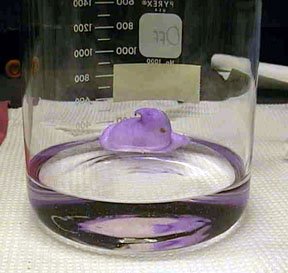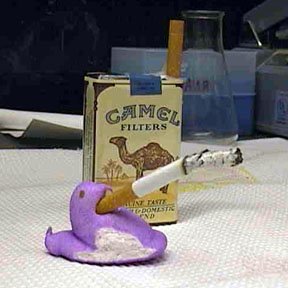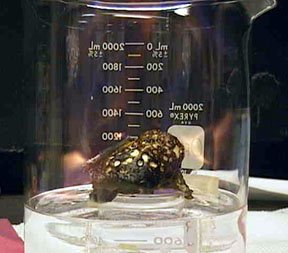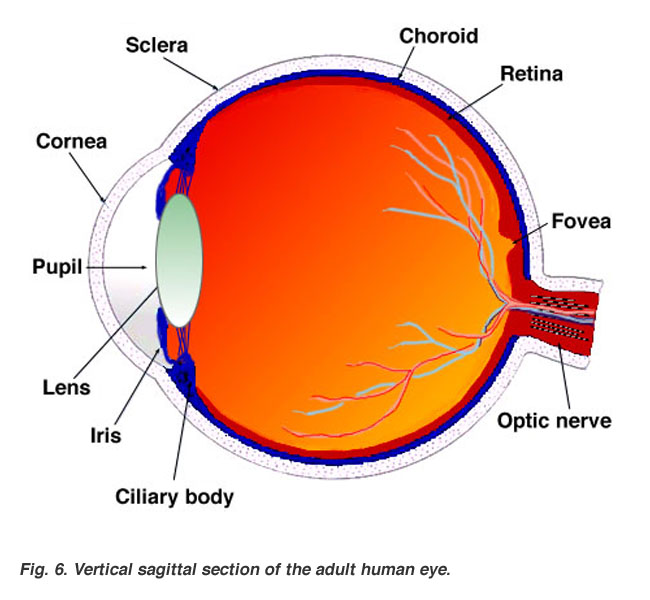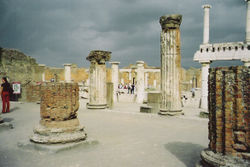
Have you ever heard of Pompe Disease? It has nothing to do with the town in Italy that was destroyed by the volcanic eruption of Mt Vesuvius in 79 AD. Rather, it is a very debilitating, often fatal, glycogen storage disease that is not familiar to most of the general public. There are a lot of these so-called "orphan diseases", that are generally rare and not in the public eye. Yet, these diseases cause heartache and suffering for thousands of people, just as surely as the more common ailments, such as cancer and stroke.
One of the biggest problems facing those afflicted with an orphan disease is that there is little incentive for pharmaceutical companies to develop drugs to treat these diseases, due to the limited market potential. If your bottom line is money, why develop a drug that will be purchased by only a couple of hundred people? Yet, if you are one of the people affected by Mowat-Wilson Syndrome, Canal-Smith Syndrome or Hermansky Pudlak Syndrome, why should your plight be ignored?
Thank goodness for NORD: " The National Organization for Rare Disorders (NORD), a 501(c)3 organization, is a unique federation of voluntary health organizations dedicated to helping people with rare "orphan" diseases and assisting the organizations that serve them. NORD is committed to the identification, treatment, and cure of rare disorders through programs of education, advocacy, research, and service." According to NORD, one in ten individuals in the US is diagnosed with a rare disease: " A rare or "orphan" disease affects fewer than 200,000 people in the United States. There are more than 6,000 rare disorders that, taken together, affect approximately 25 million Americans."
Hmmmm...taken together, rare diseases are not quite so rare after all.
http://www.rarediseases.org/












